
Nixon at War
PRXMost accounts of the collapse of Richard Nixon’s presidency begin with Watergate — the now iconic tale of a bungled break-in and the misbegotten cover-up that followed. But what led to Watergate? How — and more puzzlingly, why — did one of the shrewdest, most gifted political figures of his time become embroiled in so manifestly lunatic an enterprise in the first place? Intrigued by that question, writer/journalist Kurt Andersen takes a deep dive into the vast archives at the Nixon Library and emerges with an answer he wasn’t expecting: While Watergate doubtless accelerated Nixon’s spectacular fall, it was the Vietnam War that led inexorably to the break-in, and from there to the sinking of his presidency.For Andersen, who came of age in the Vietnam era, that answer in turn begs another, larger question: How did Richard Nixon, with all his foreign policy savvy, allow himself to get trapped in the same quagmire he had watched engulf his predecessor, Lyndon Johnson? These questions are the central concerns of Nixon at War. Over the course of seven episodes, Andersen peels back the onion and emerges with a new and deeper understanding of both the man and the war, and of the complex linkage between them.
Most accounts of the collapse of Richard Nixon’s presidency begin with Watergate — the now iconic tale of a bungled break-in and the misbegotten cover-up that followed. But what led to Watergate? How — and more puzzlingly, why — did one of the shrewdest, most gifted political figures of his time become embroiled in so manifestly lunatic an enterprise in the first place? Intrigued by that question, writer/journalist Kurt Andersen takes a deep dive into the vast archives at the Nixon Library and emerges with an answer he wasn’t expecting: While Watergate doubtless accelerated Nixon’s spectacular fall, it was the Vietnam War that led inexorably to the break-in, and from there to the sinking of his presidency.For Andersen, who came of age in the Vietnam era, that answer in turn begs another, larger question: How did Richard Nixon, with all his foreign policy savvy, allow himself to get trapped in the same quagmire he had watched engulf his predecessor, Lyndon Johnson? These questions are the central concerns of Nixon at War. Over the course of seven episodes, Andersen peels back the onion and emerges with a new and deeper understanding of both the man and the war, and of the complex linkage between them.
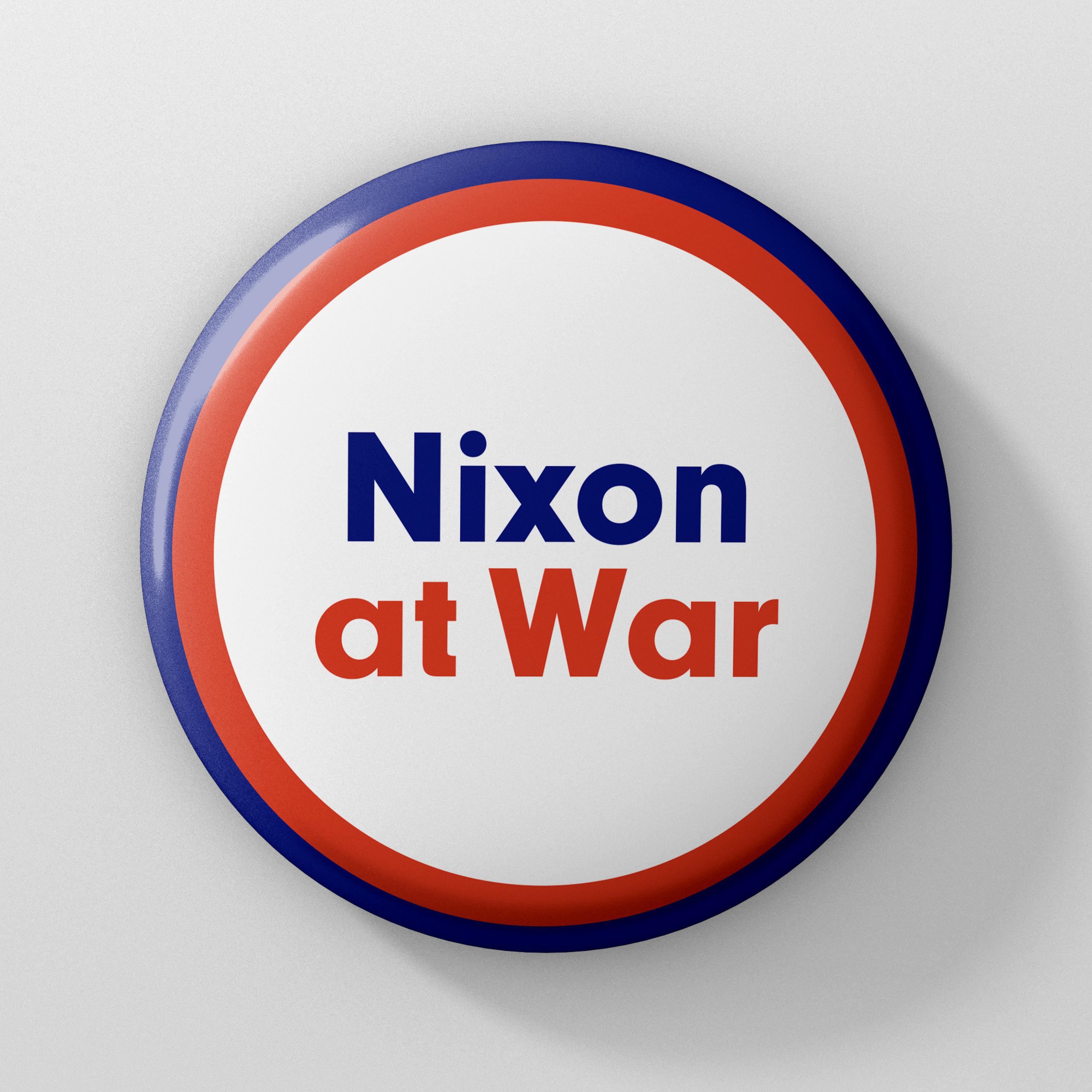
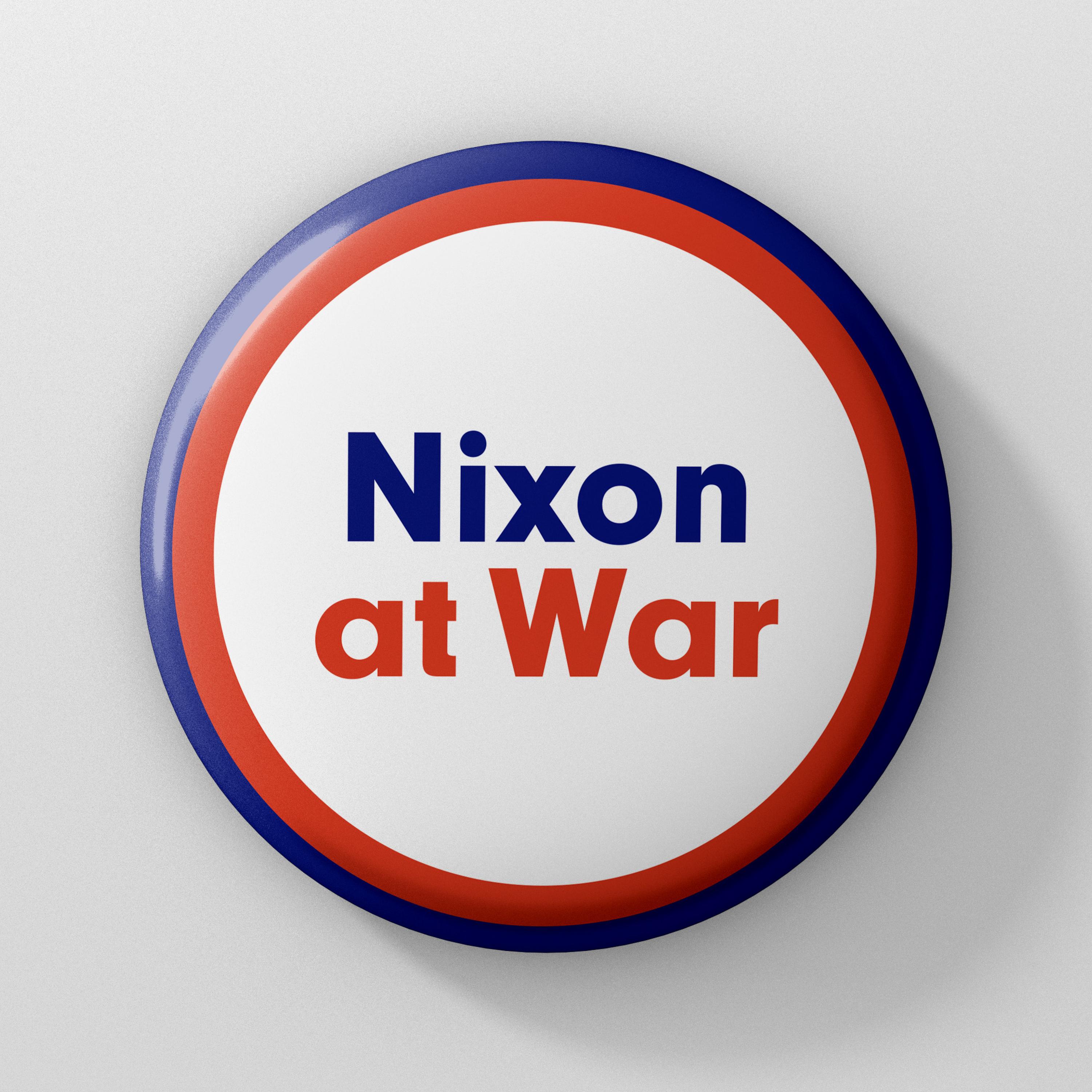
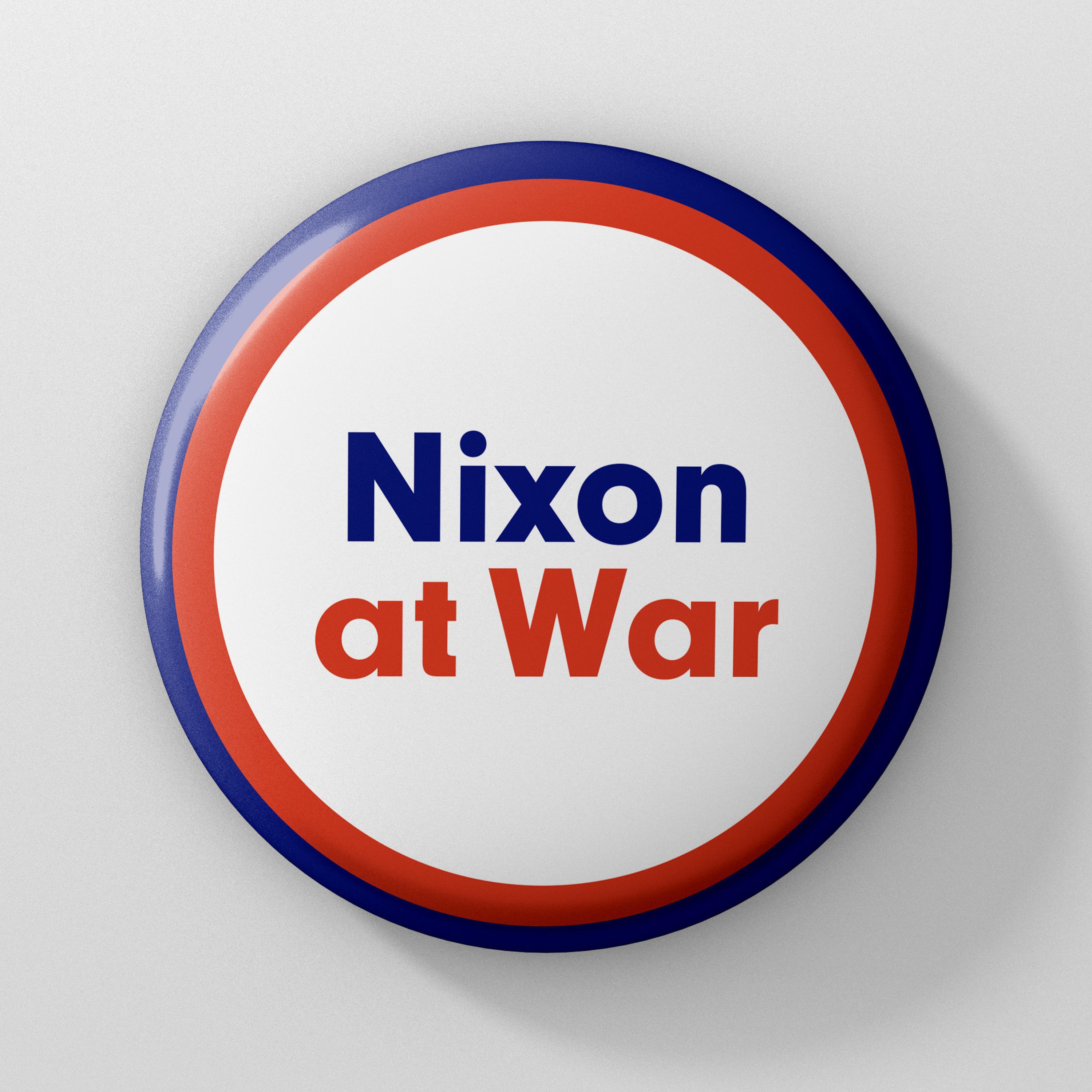
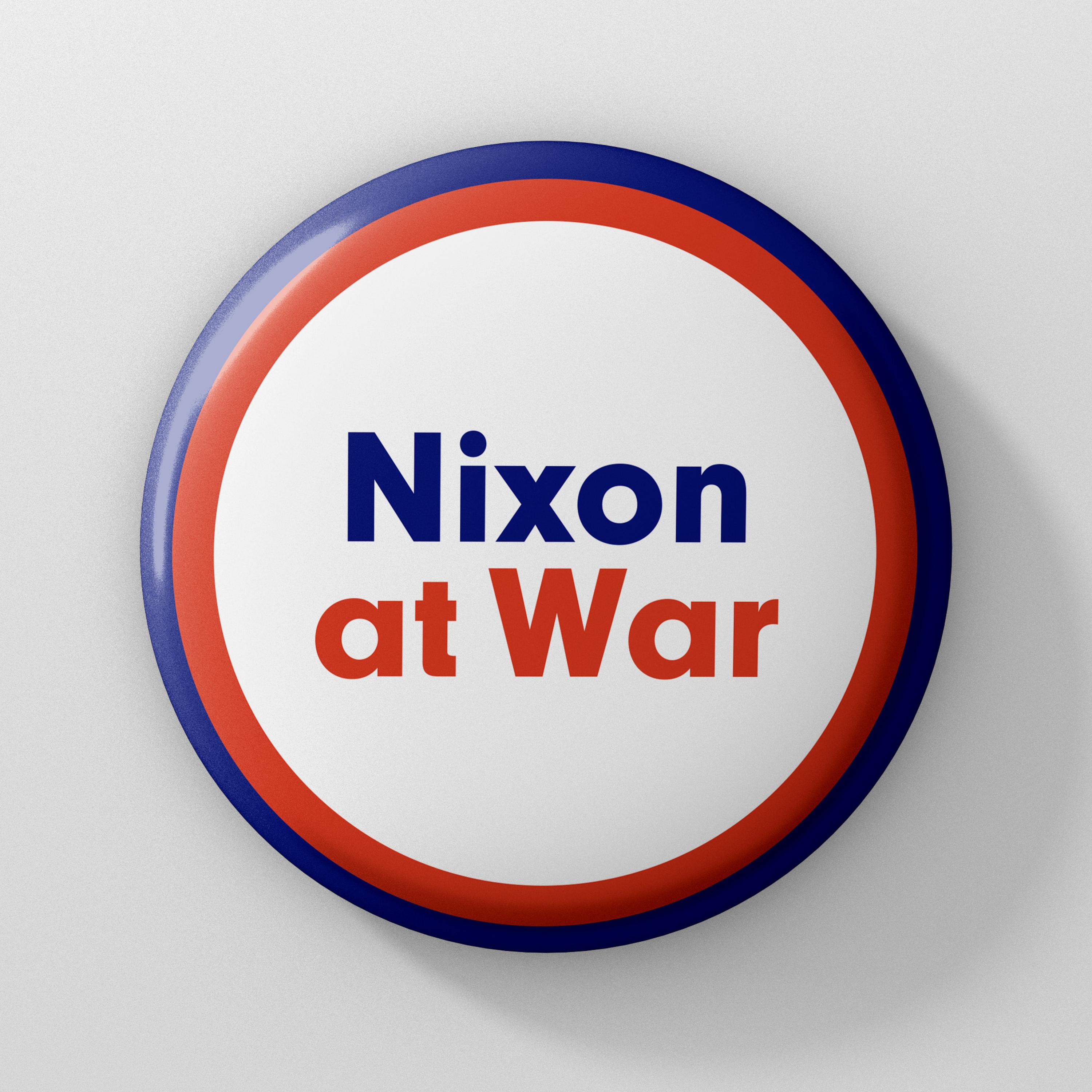
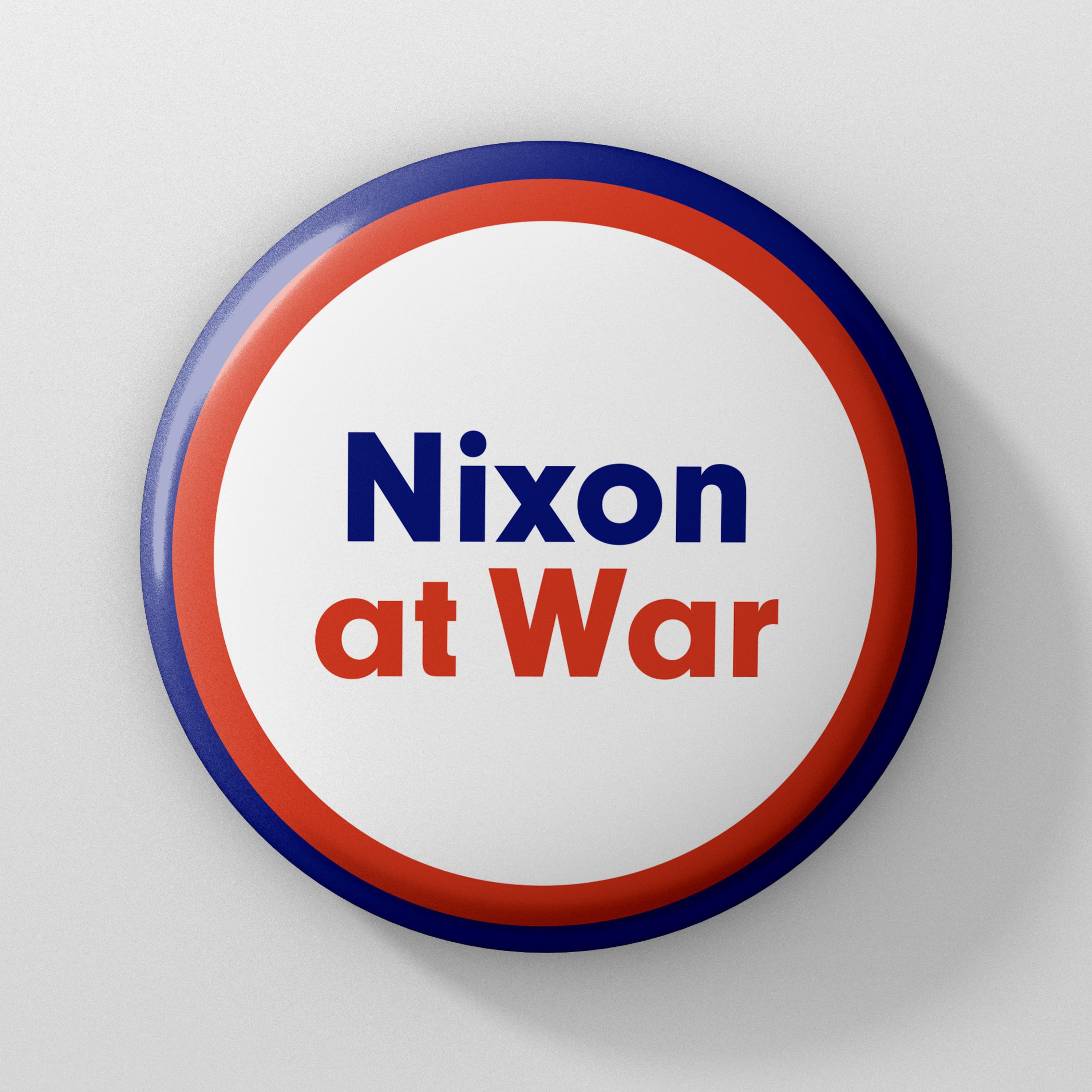
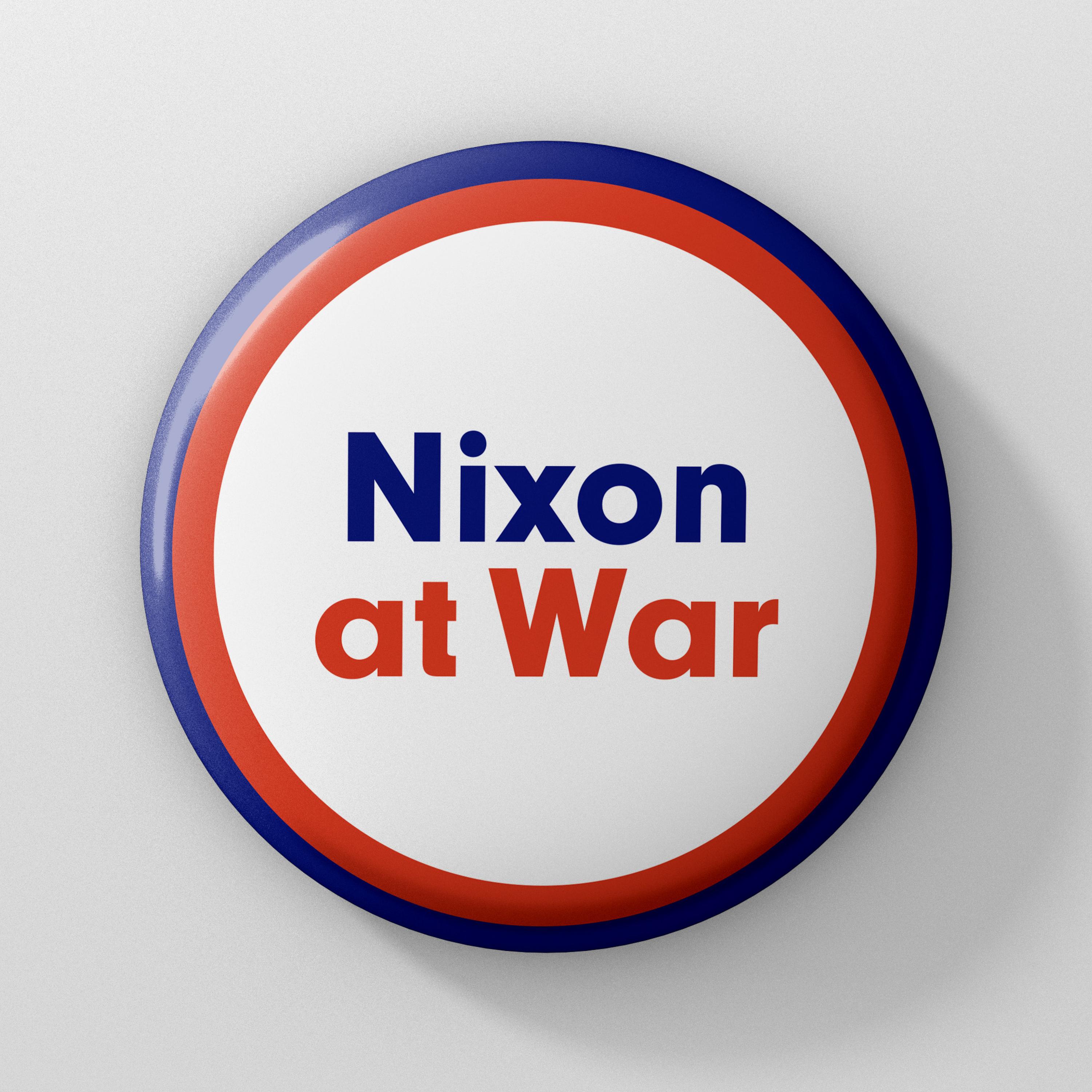
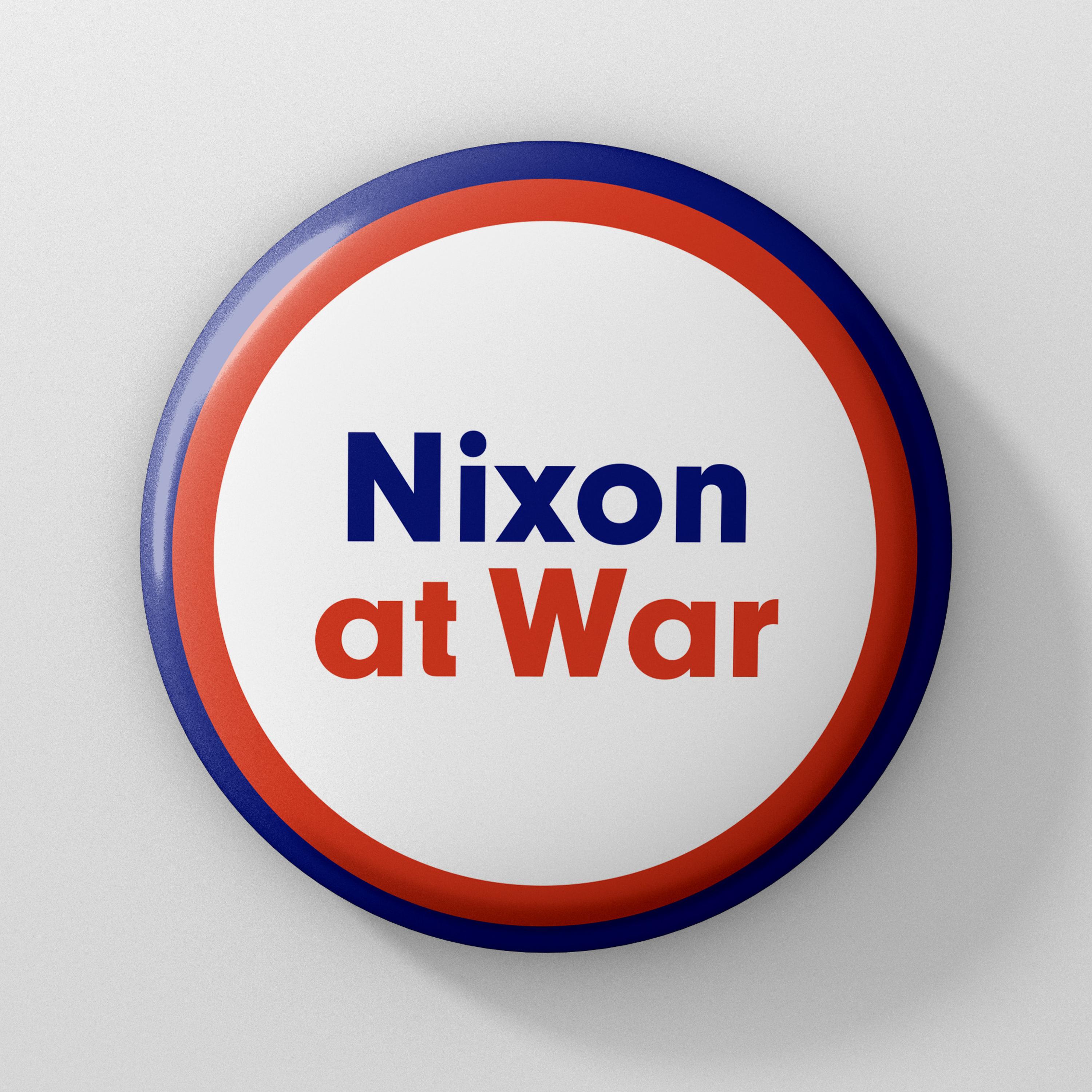

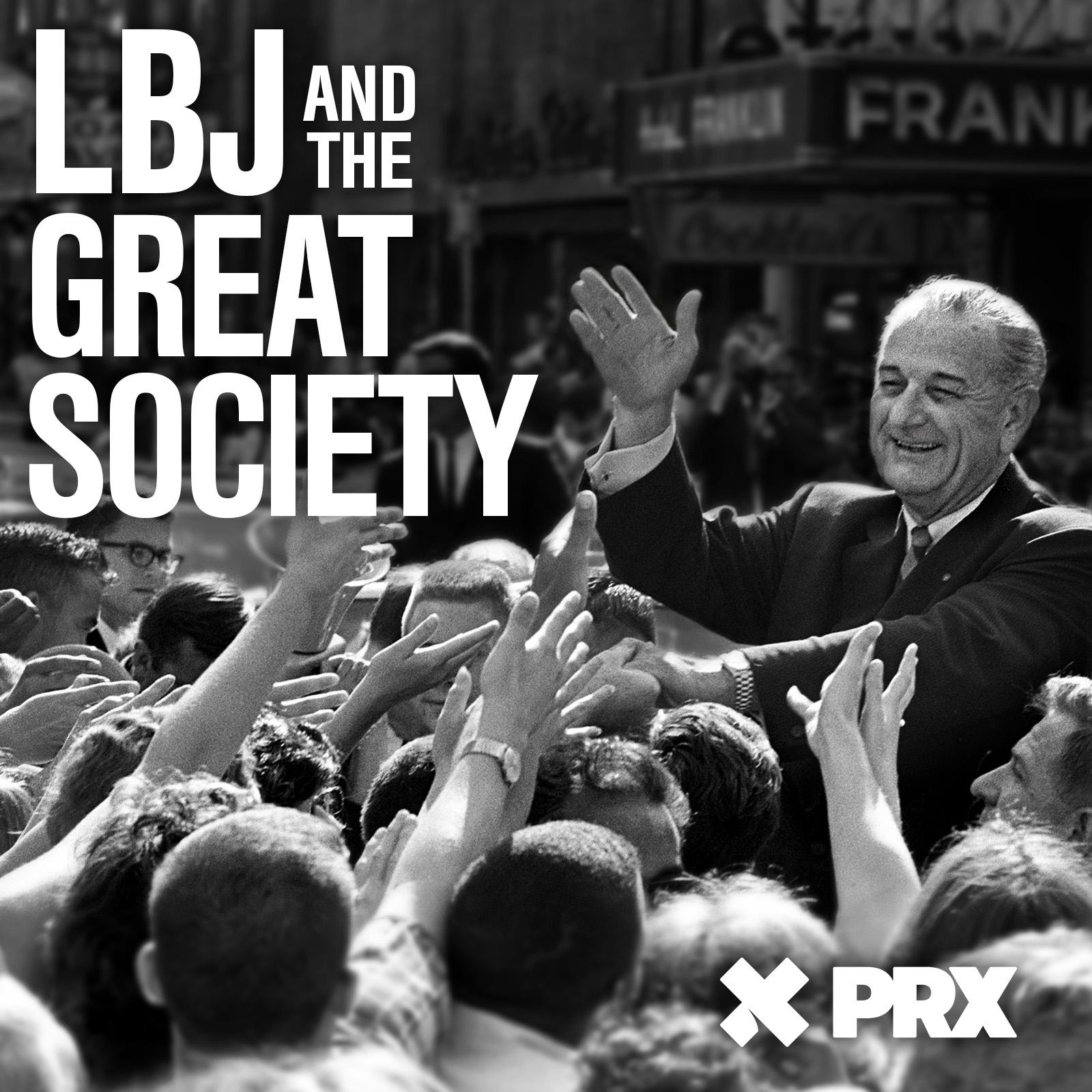
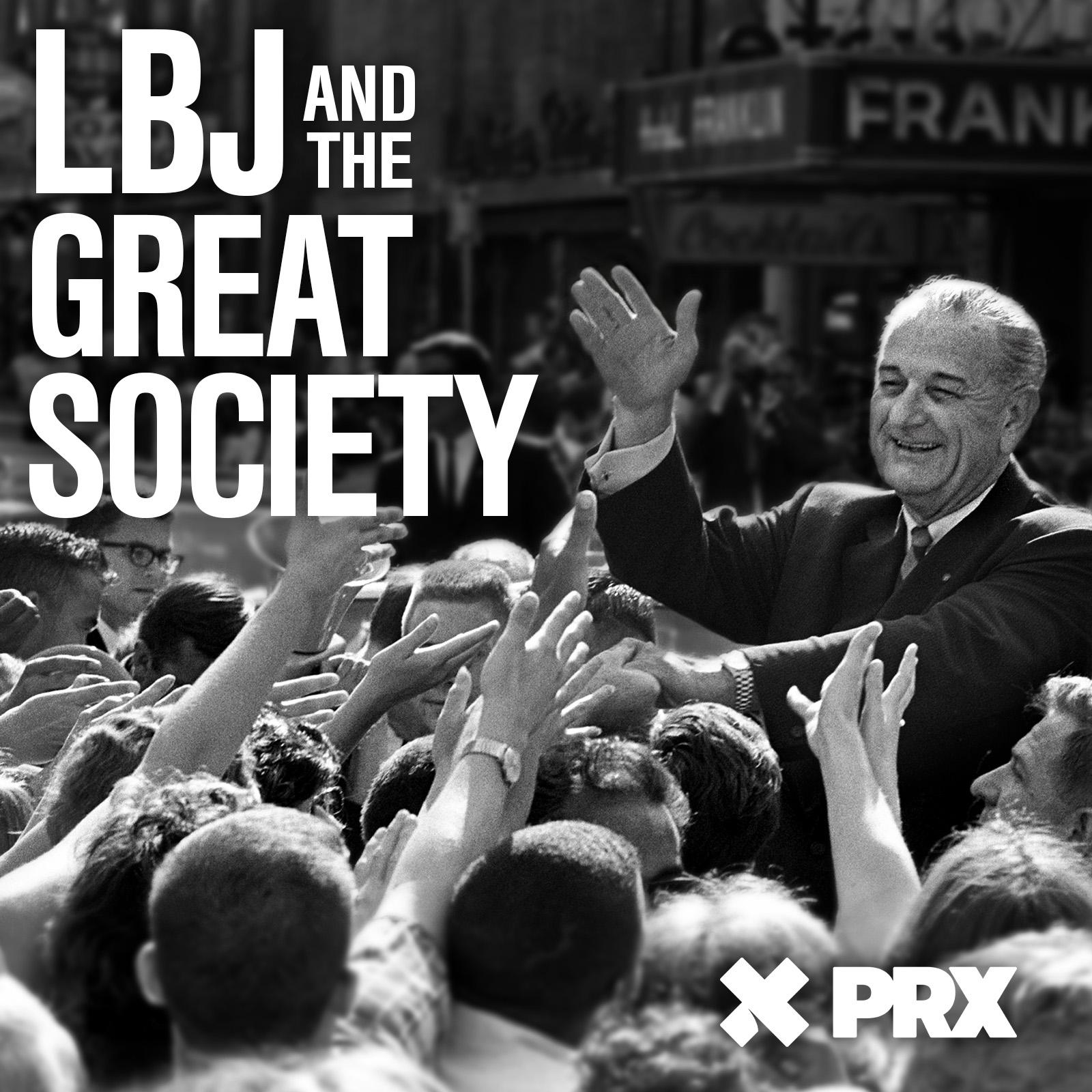
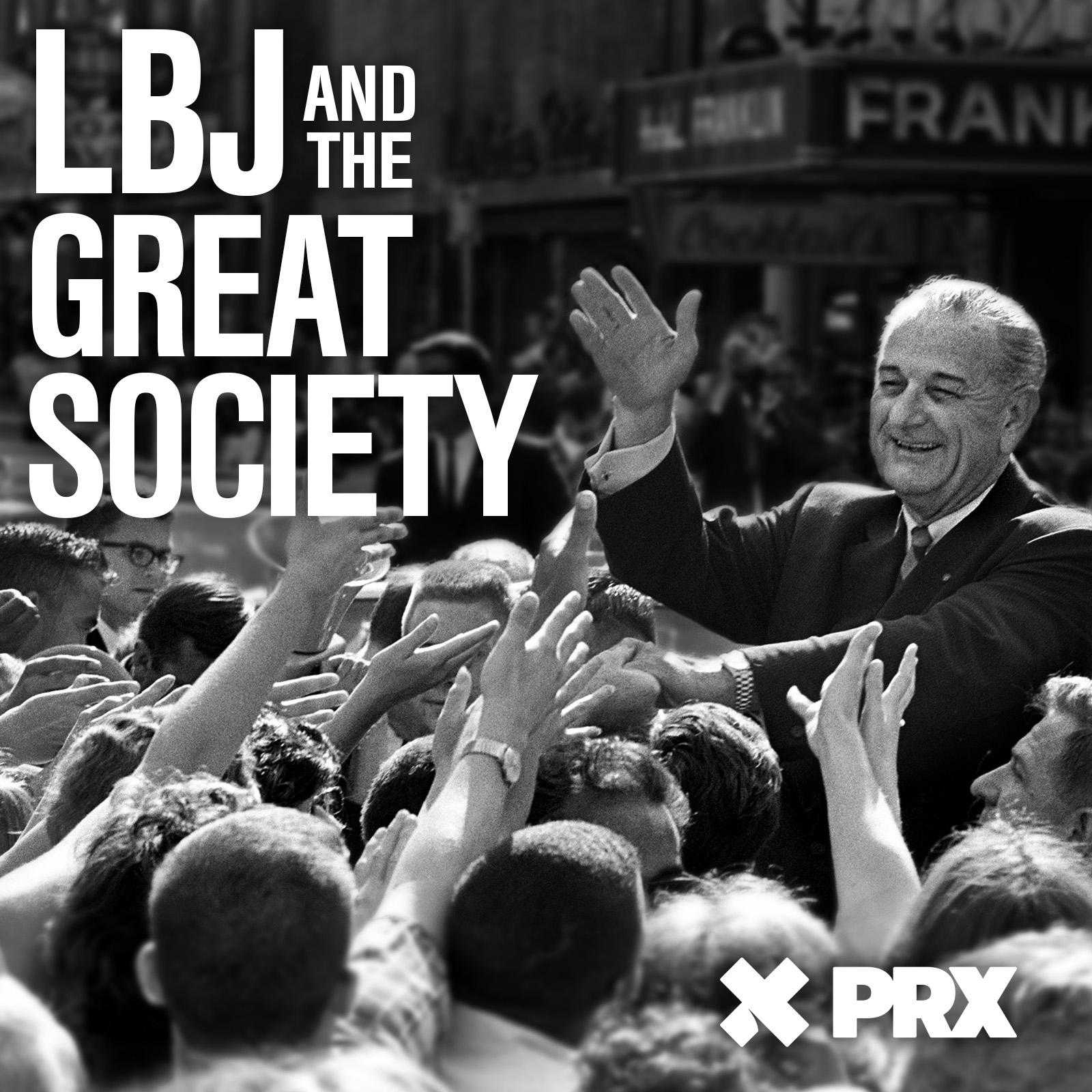
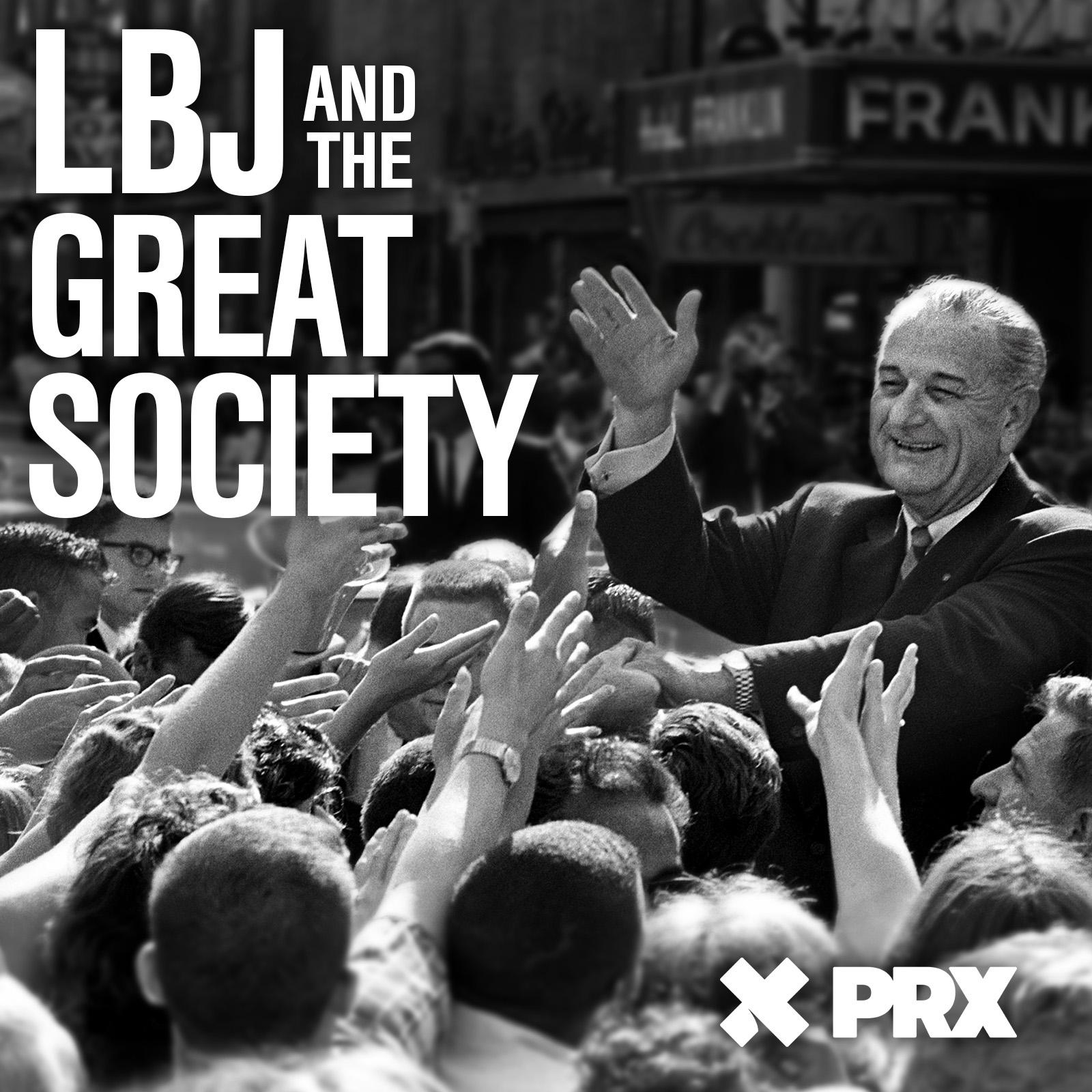
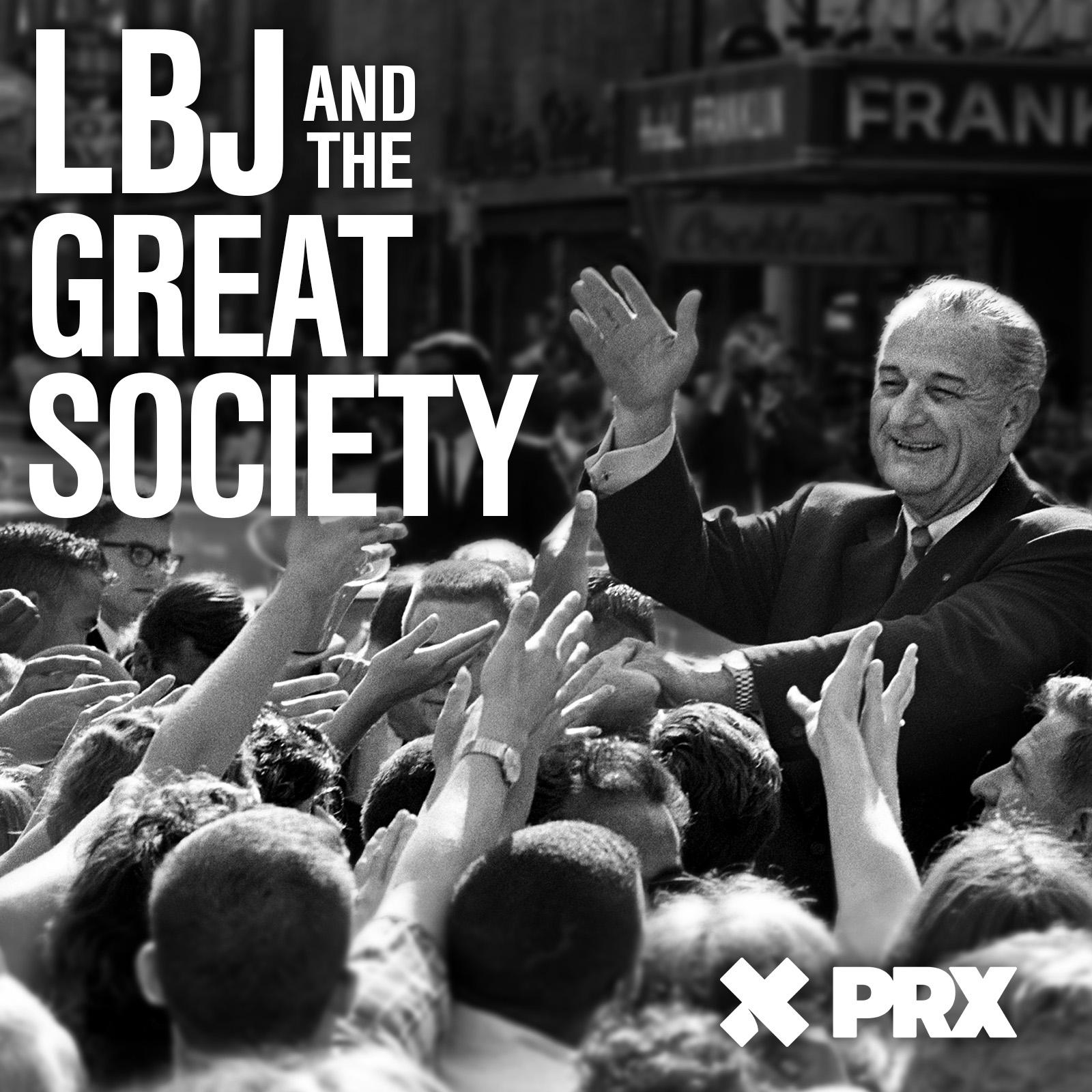
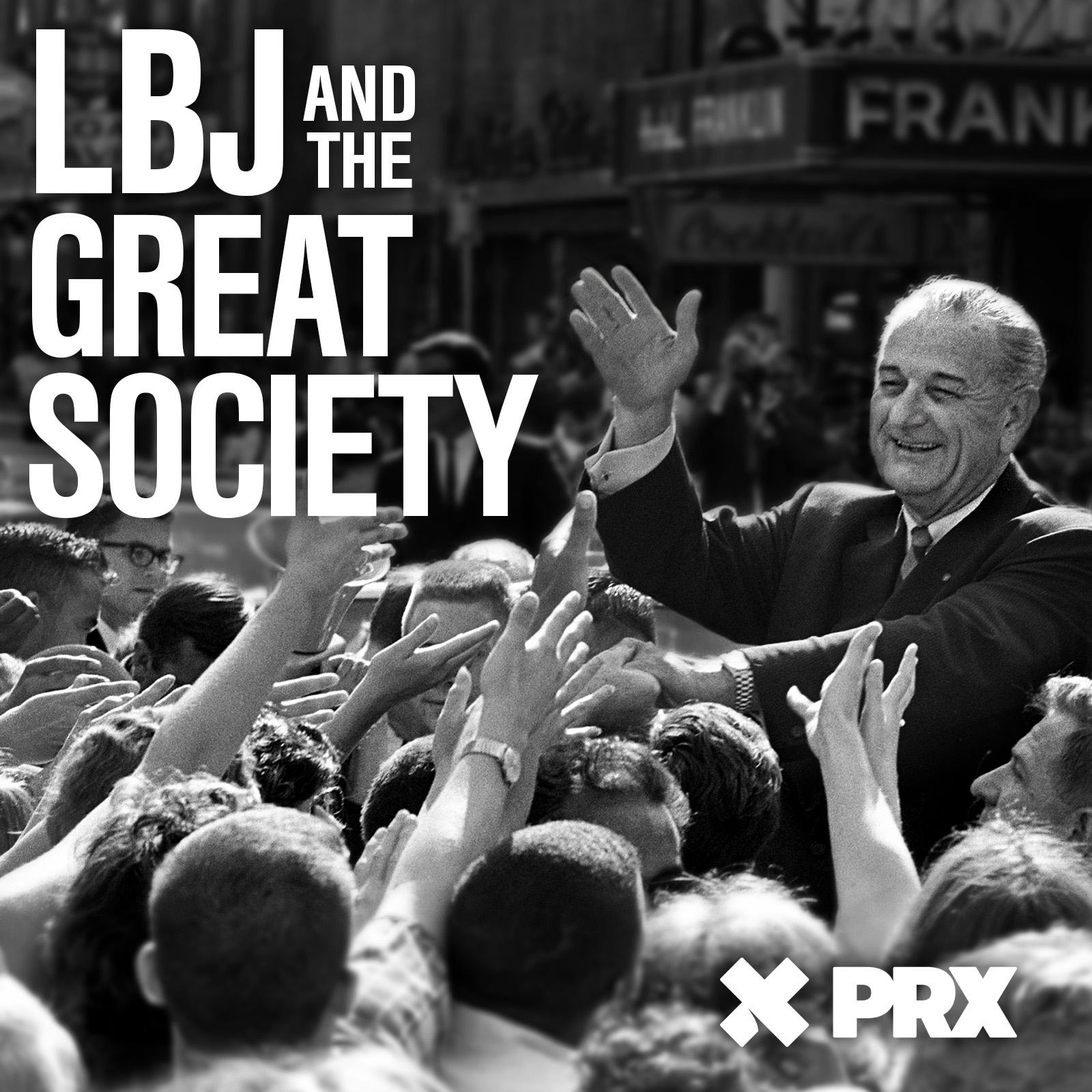
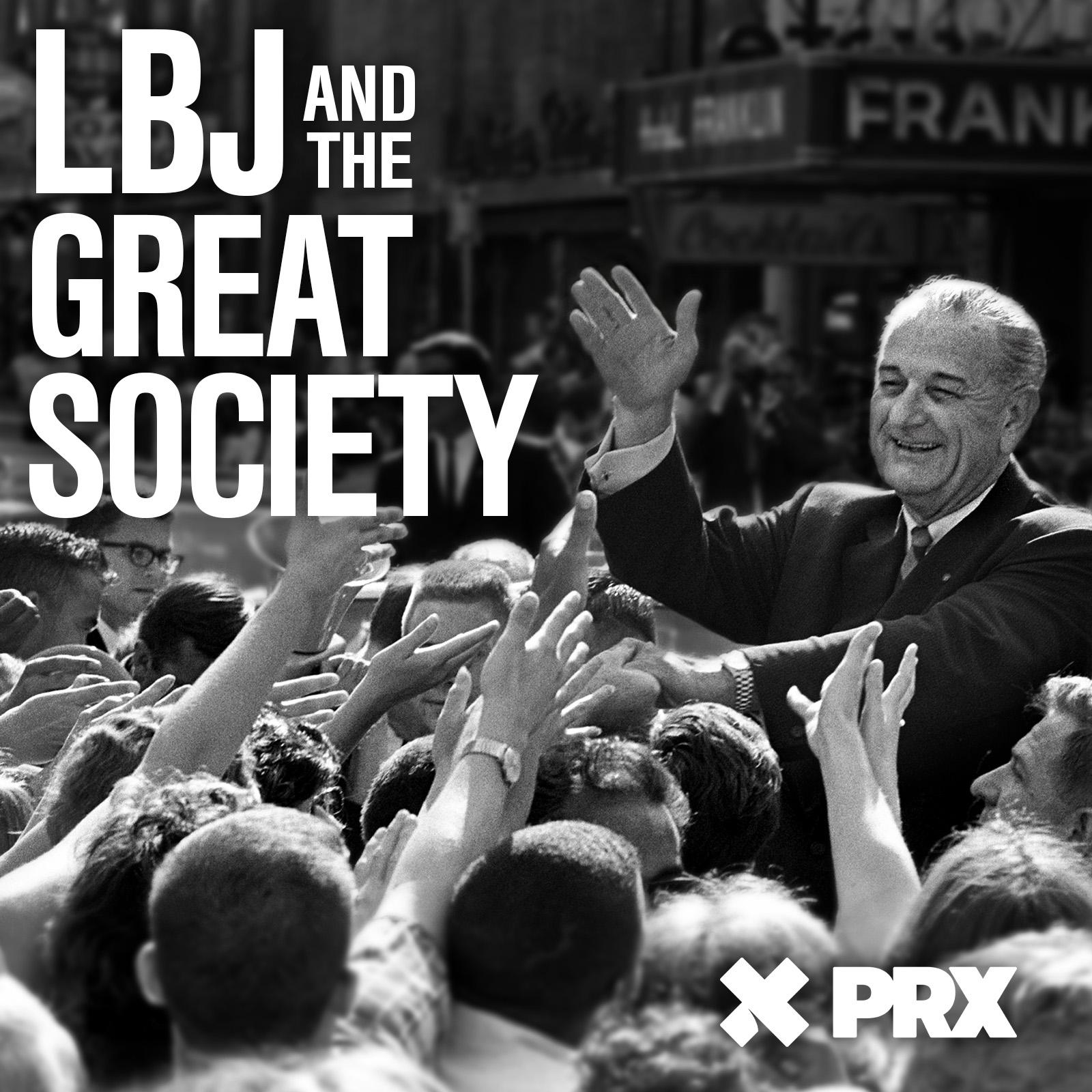
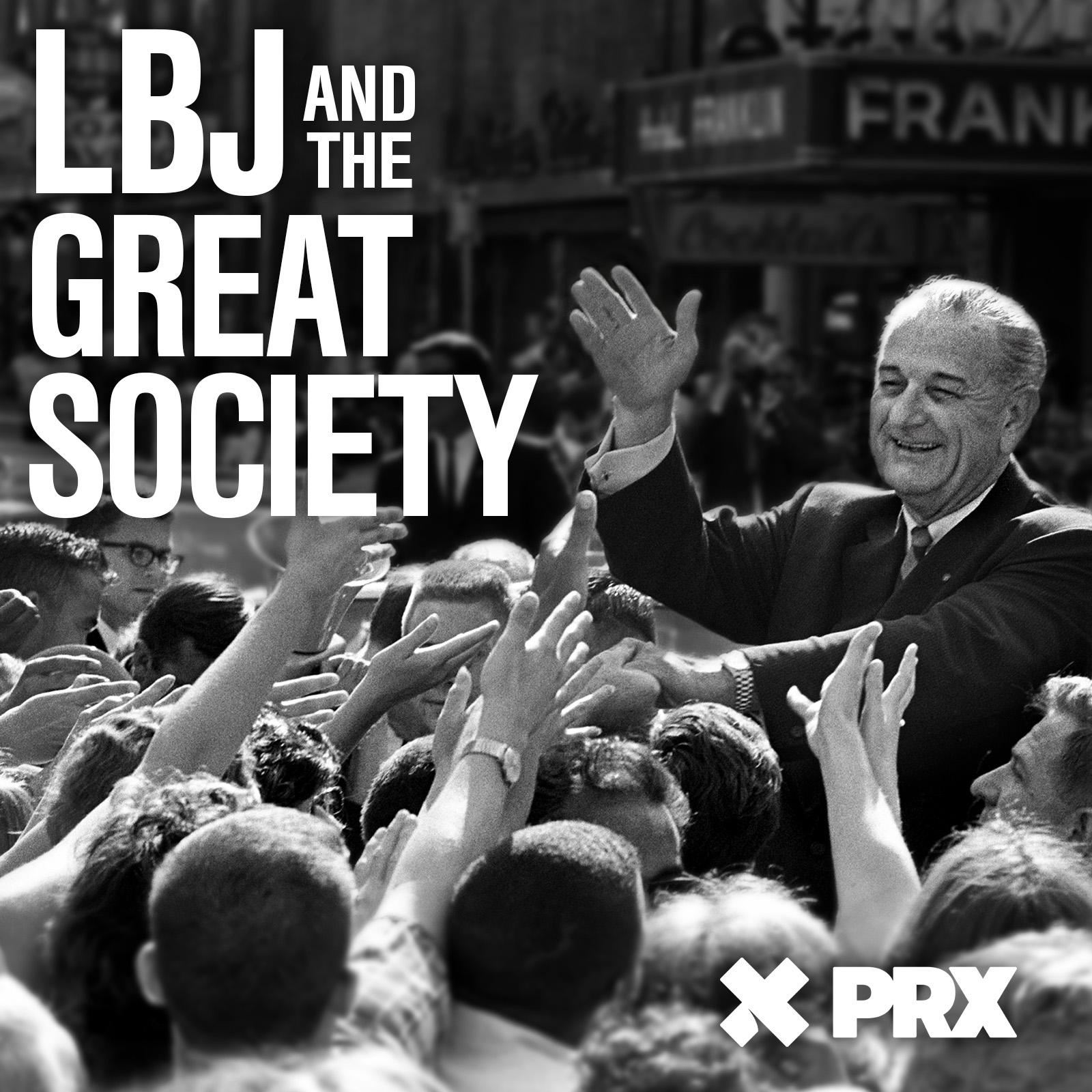
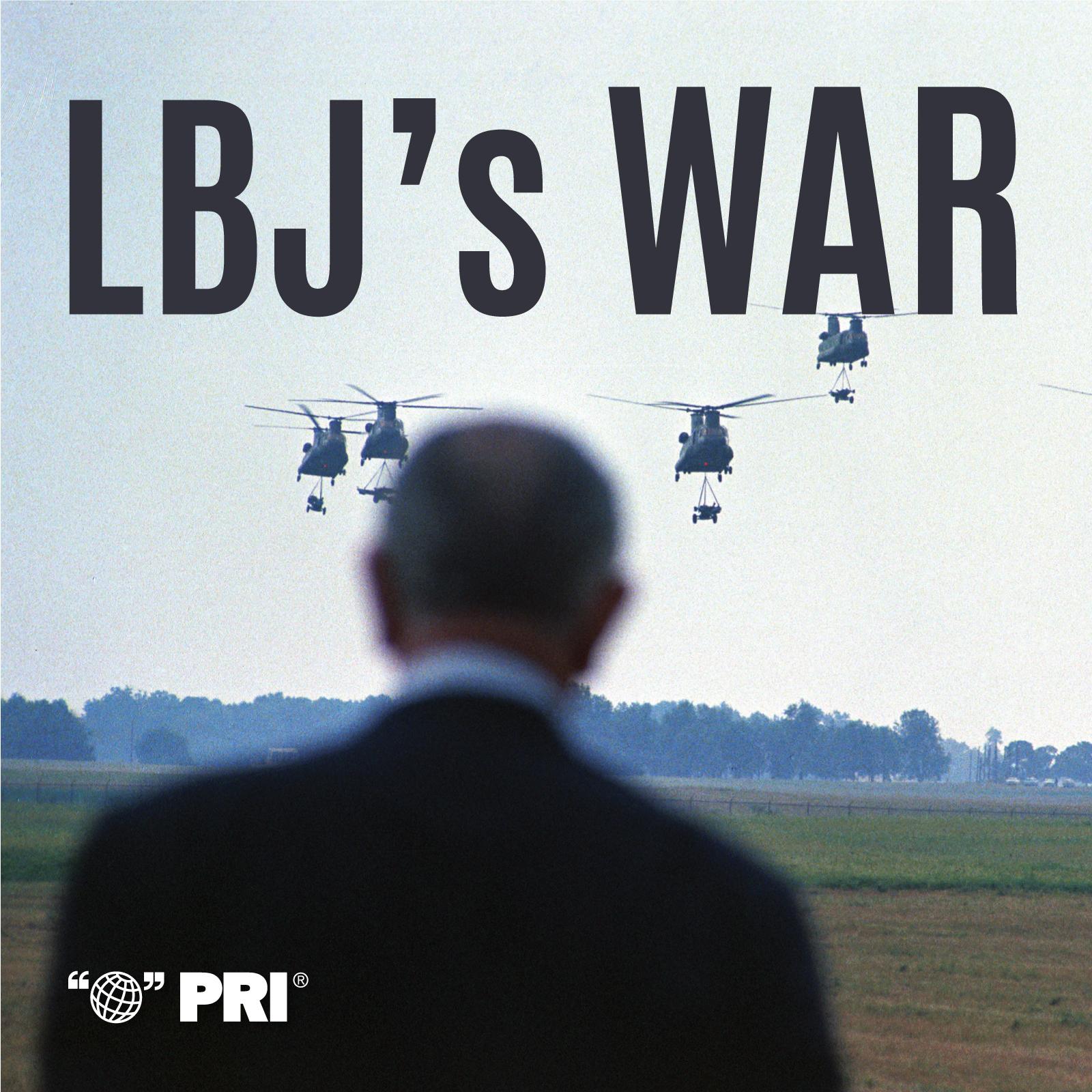
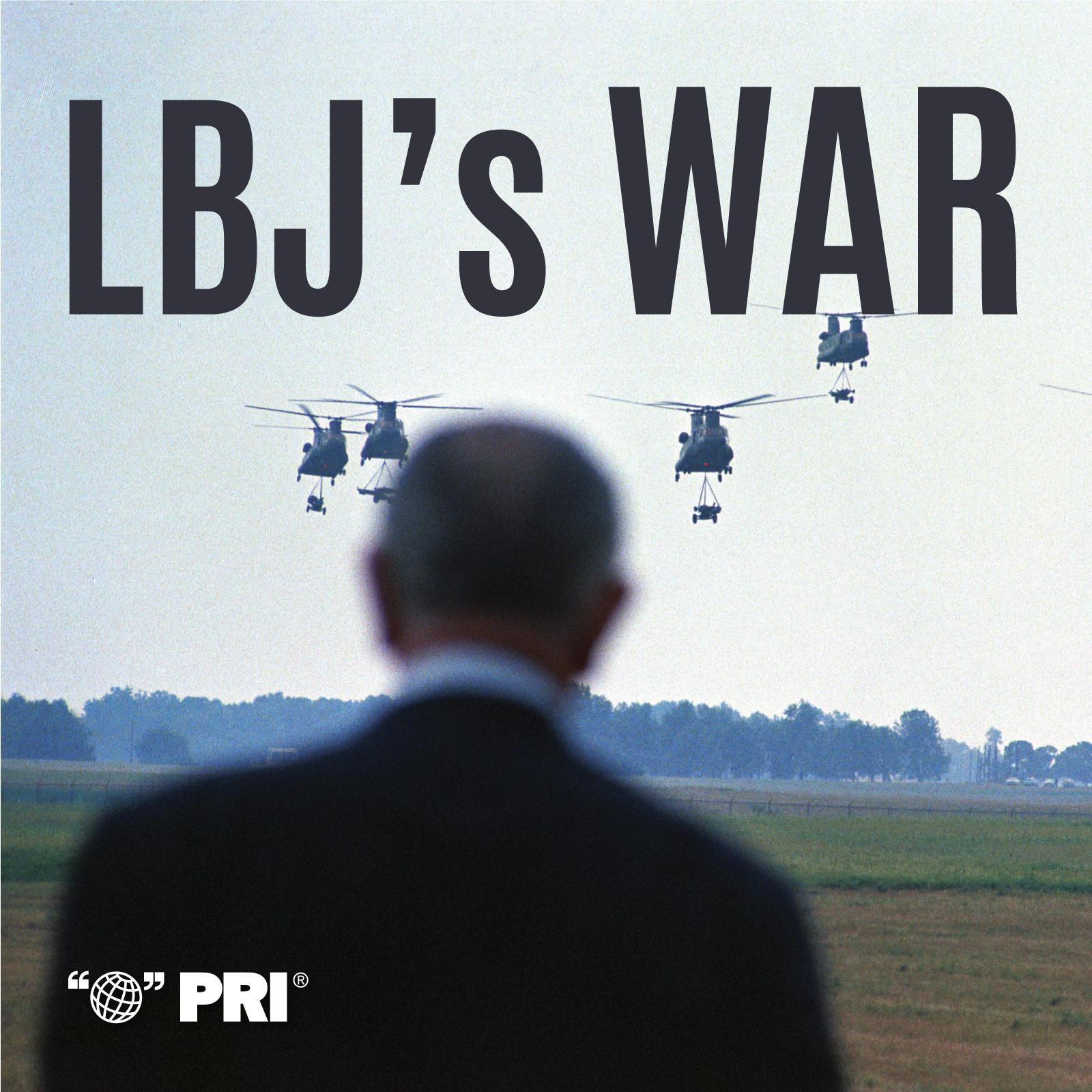
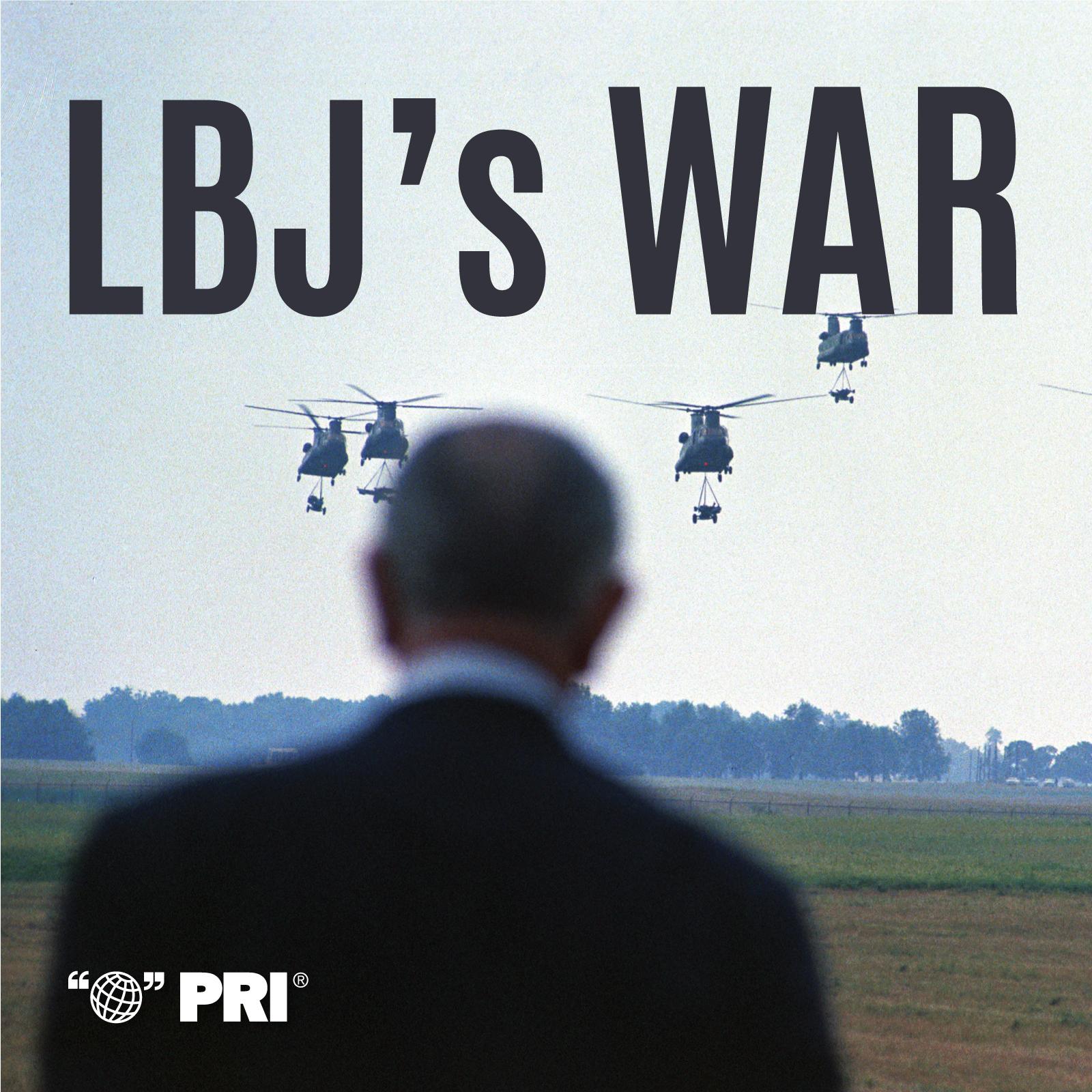
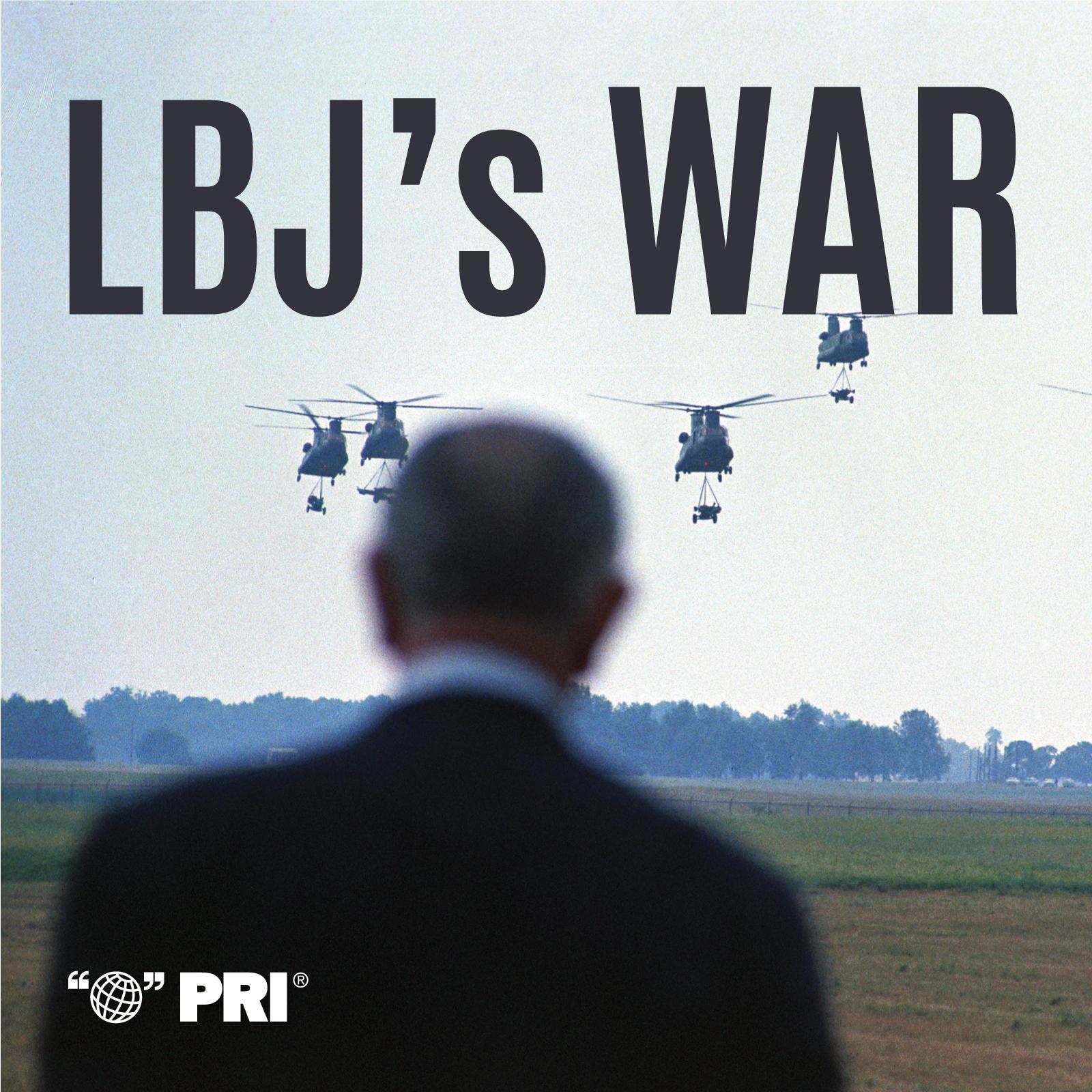
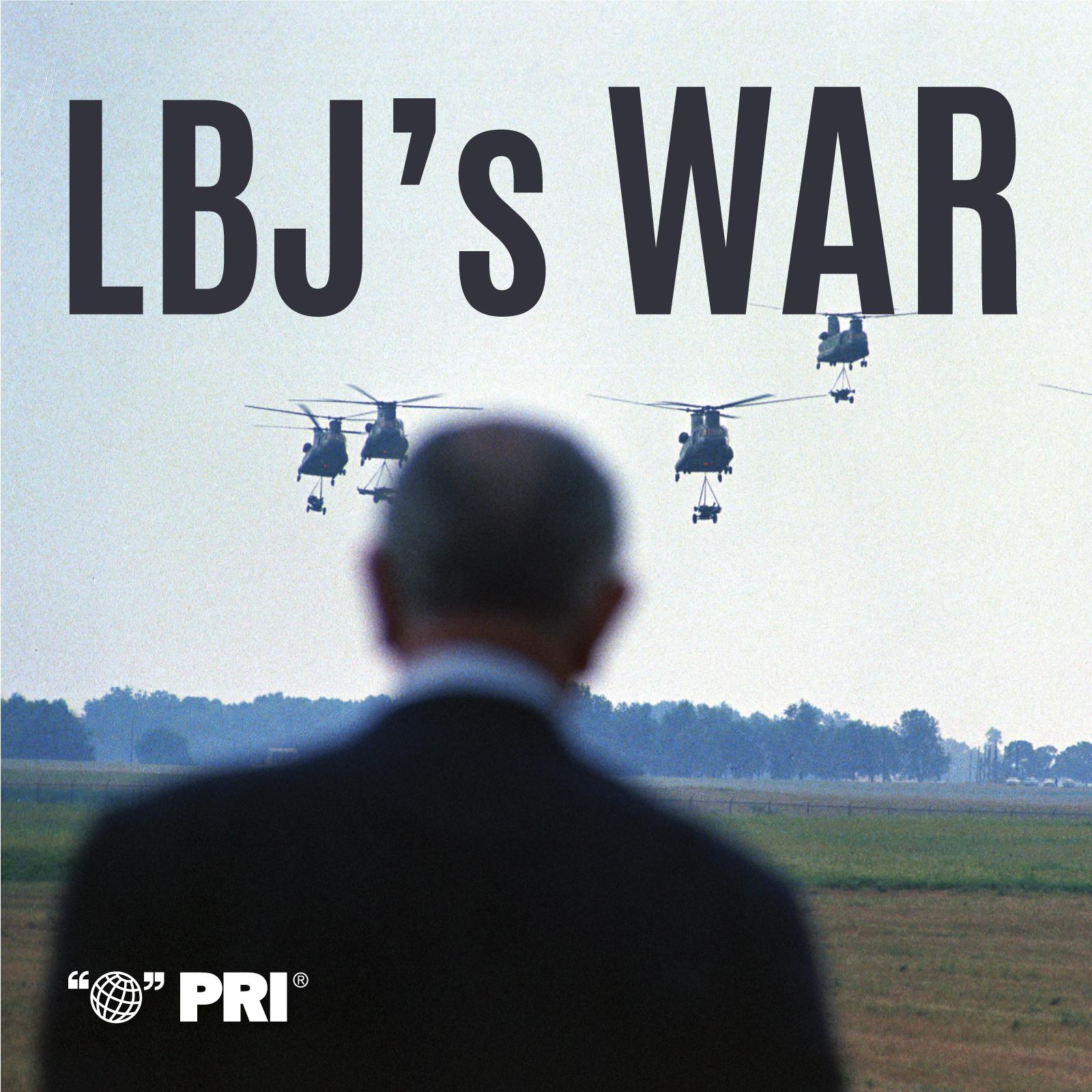
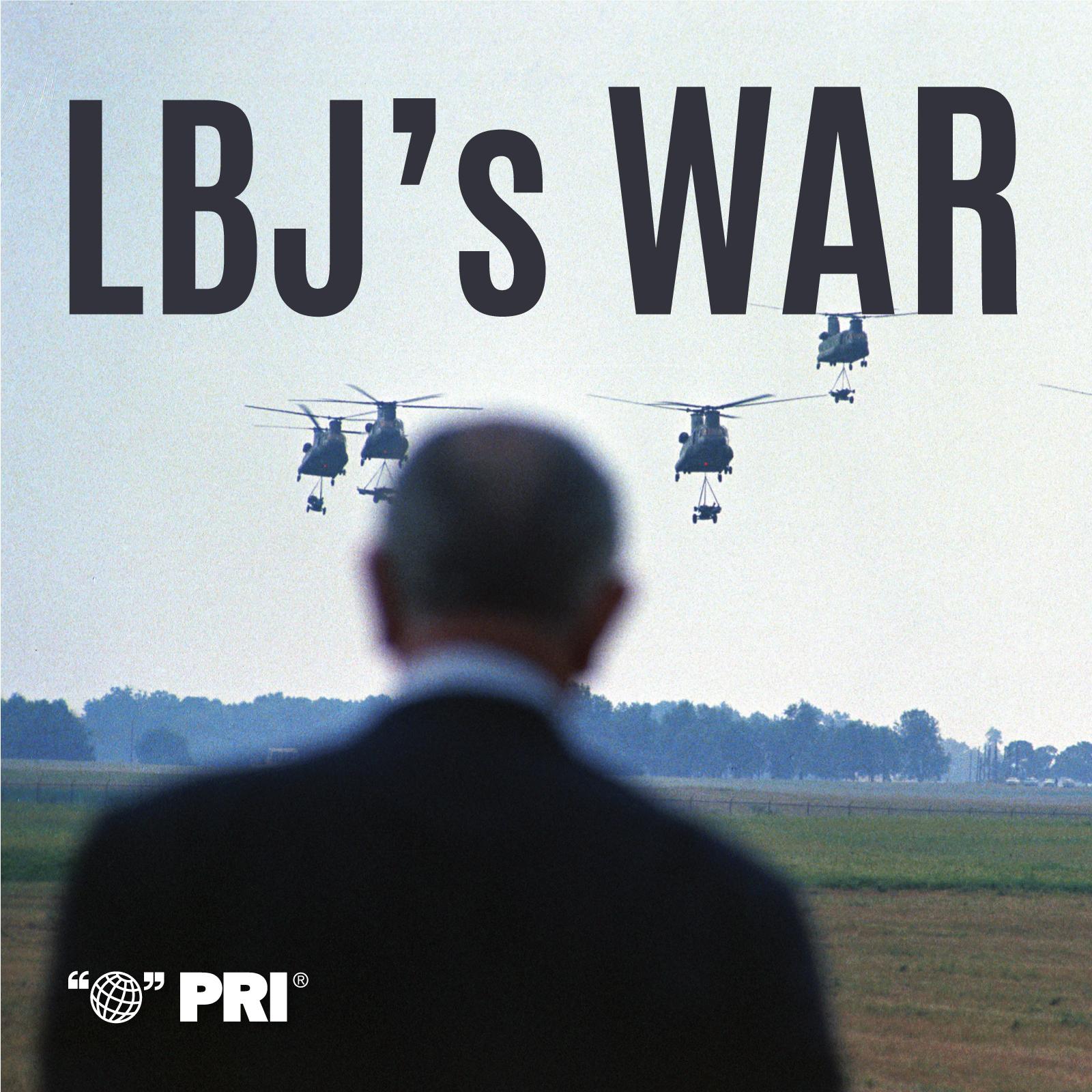
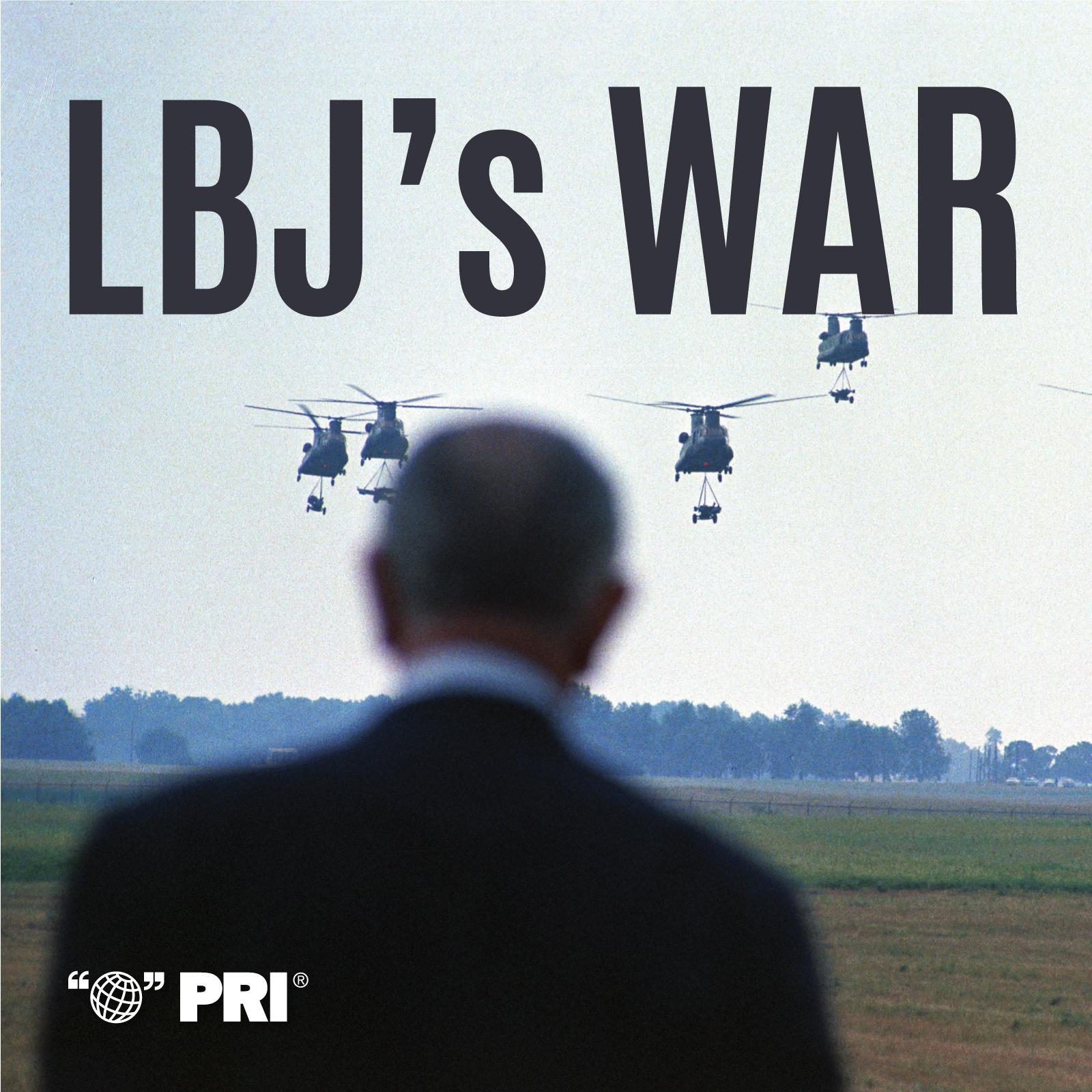
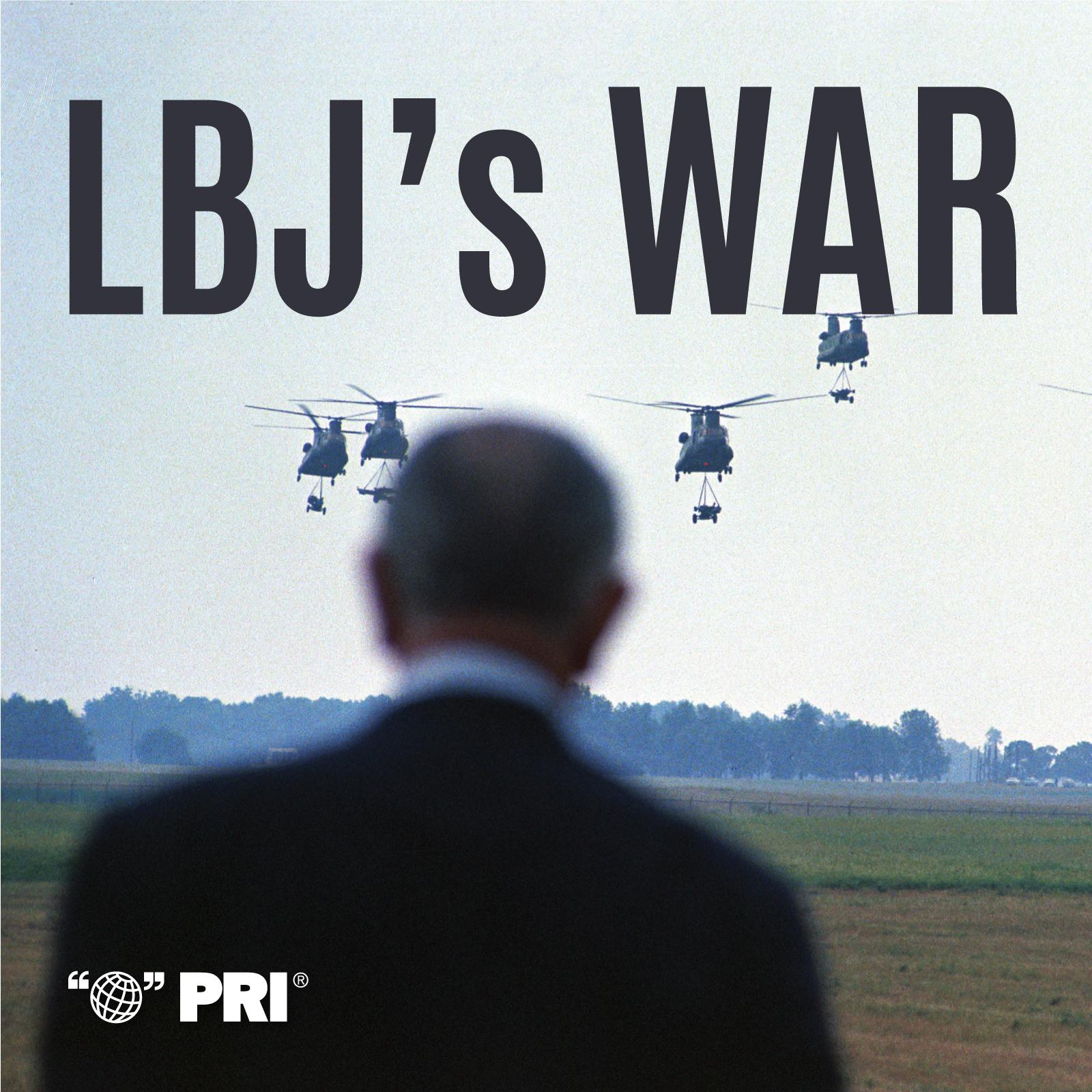
S3 Ep 3 - Sideshow

In December 1968, only weeks after his election, Nixon names Henry Kissinger as his national security advisor. The appointment will prove to be the most consequential of his presidency. The two men barely know each other, but Kissinger moves swiftly and brilliantly to make himself the linchpin – some would say the architect – of Nixon’s enormously ambitious foreign policy agenda. Immediately, and with the new president’s blessing, Kissinger marginalizes both State and Defense, concentrating the making of US foreign policy within the White House. The first challenge: how to force the implacable North Vietnamese leadership back to the negotiating table. By late January ’69, a plan is in place: Operation Menu, a massive and completely secret bombing assault, not on Vietnam but on North Vietnamese army sanctuaries in neighboring (and neutral) Cambodia. Over the next eight years, the U.S. will drop more bomb tonnage on Cambodia than the combined Allied forces dropped in all of World War II. While the bombing remains largely a secret in the U.S., it fails to move the needle on negotiations with the North. By the fall of ’69, the lack of progress has re-energized the anti-war movement, which mobilizes a wave of demonstrations across the country. In response, Nixon takes his case to the country, with the Silent Majority speech, which will come to be remembered as perhaps the most effective address of his presidency.